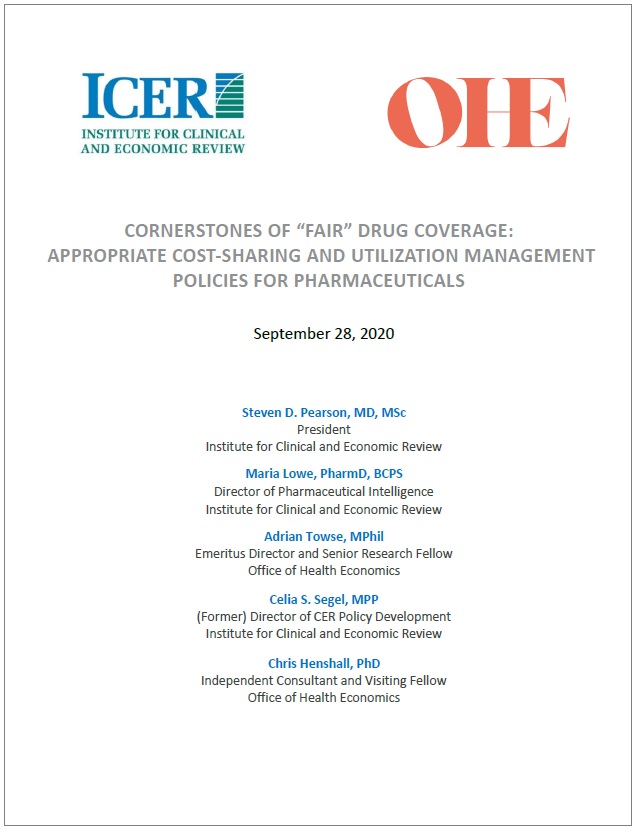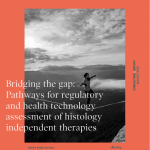Sign up to our newsletter Subscribe
Cornerstones of “Fair” Drug Coverage: Appropriate Cost – Sharing and Utilization Management Policies for Pharmaceuticals

Sign up to our newsletter Subscribe



The OHE model takes into account the value to society of new antibiotics as well as the risks and rewards for payers and the entities developing the new drugs.
A new model aimed at encouraging the development of new antibiotics was presented recently by OHE’s Chris Hoyle, who collaborated with Adrian Towse and Jorge Mestre-Ferrandiz in designing the model.
A new model aimed at encouraging the development of new antibiotics was presented[1] recently by OHE’s Chris Hoyle, who collaborated with Adrian Towse and Jorge Mestre-Ferrandiz in designing the model.
Antimicrobial resistance to existing antibiotics is an increasingly serious global health issue that extends to a number of diseases. Earlier OHE research defined the parameters of policy options, which must achieve two objectives: (1) encourage the development of new antibiotics to treat resistant microbes and (2) discourage the overuse that produces resistance.
Chris’s presentation, below, summarises the OHE model, which takes into account the value to society of new antibiotics as well as the risks and rewards for payers and the entities developing the new drugs. It concludes that traditional incentives for R&D/market exclusivity are likely to be insufficient to spur development, and that uncertainty and risk are too great for price alone to provide sufficient incentive. The most effective solution couples an advance market commitment, at national or supranational level, with careful local pricing.
OHE’s previous work on this issue has included thorough analyses of the policy issues worldwide as well as policy options specifically for use in discussion in the EU. For blog posts about this research, please click here.
An error has occurred, please try again later.
This website uses cookies so that we can provide you with the best user experience possible. Cookie information is stored in your browser and performs functions such as recognising you when you return to our website and helping our team to understand which sections of the website you find most interesting and useful.
Strictly Necessary Cookie should be enabled at all times so that we can save your preferences for cookie settings.
If you disable this cookie, we will not be able to save your preferences. This means that every time you visit this website you will need to enable or disable cookies again.
This website uses Google Analytics to collect anonymous information such as the number of visitors to the site, and the most popular pages.
Keeping this cookie enabled helps us to improve our website.
Please enable Strictly Necessary Cookies first so that we can save your preferences!